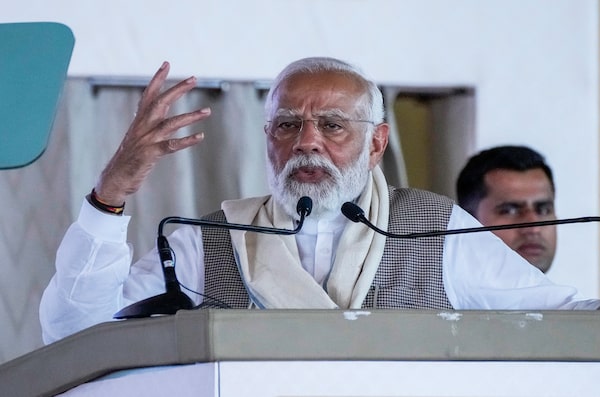The United Nations and the United States have raised concerns over India’s Citizenship Amendment Act (CAA), citing worries that the legislation may be in breach of India’s international human rights obligations. This move comes amidst ongoing criticism from rights advocates who argue that the law discriminates against Muslims.
The CAA, which was implemented by the Indian government in 2019, has drawn criticism from various human rights organizations, including Human Rights Watch and Amnesty International, who assert that it unfairly targets Muslims. The law facilitates the acquisition of Indian citizenship for non-Muslim refugees from Afghanistan, Pakistan, and Bangladesh, who are residing in India before December 31, 2014. However, it excludes Muslims from these neighboring countries, sparking concerns about discrimination.
Prime Minister Narendra Modi’s Bharatiya Janata Party (BJP) has been actively promoting the CAA, particularly in the lead-up to Indian elections. The BJP, known for its Hindu nationalist stance, asserts that the law aims to protect persecuted religious minorities from neighboring nations. Nevertheless, critics argue that the exclusion of Muslim minority groups from the CAA’s provisions raises questions about its discriminatory nature.
In response to these developments, the Office of the United Nations High Commissioner for Human Rights has expressed its concerns, stating that the CAA is “fundamentally discriminatory in nature” and potentially violates India’s international human rights commitments. A spokesperson for the UN agency reiterated that they are closely monitoring the implementation of the law to ensure compliance with international human rights standards.
Similarly, the United States government has also voiced its apprehensions regarding the CAA. By aligning with rights advocates, both the US and the UN have emphasized the importance of upholding principles of equality and non-discrimination in the implementation of citizenship laws.
Critics of the CAA point out that it not only excludes Muslim minorities from neighboring countries but also overlooks other persecuted groups, such as the Rohingyas in Myanmar. This selective approach to citizenship eligibility has raised concerns about the law’s compatibility with international human rights norms.
While India maintains its sovereign right to enact domestic legislation, the international scrutiny surrounding the CAA underscores the significance of adhering to universal human rights principles. As the UN and the US continue to monitor the situation, stakeholders await further developments regarding the law’s implementation and its implications for religious and minority rights in India.
The he concerns raised by the United Nations and the United States highlight the need for careful consideration of human rights implications in the formulation and implementation of citizenship laws. As debates surrounding the CAA persist, the international community remains vigilant in safeguarding the rights of all individuals, regardless of their religious or ethnic backgrounds.











